Important facts about Eczema
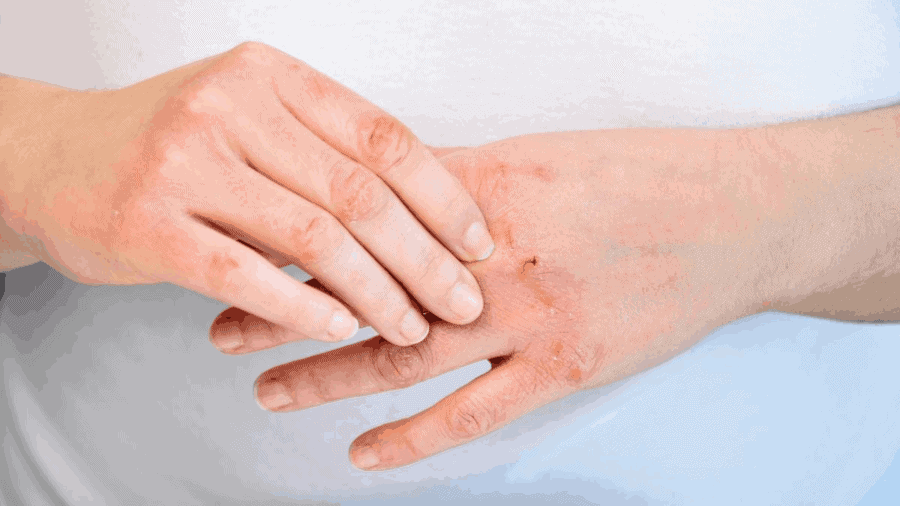
To this day, the first thing most of us do every morning is look in the mirror, and what we crave to see is a face free of eczema. We all want to stare deeply into that skin of ours and confidently boast of its beauty, but beauty requires being comfortable and confident in your own skin, and you will agree with me that eczema makes that difficult if not impossible.
It is a skin condition that can occur anywhere on the body, it affects 18 million adults (and lots of children, as well) in the United States leading to itchy, red patches on the skin that may crack or blister. It is frustrating wherever it occurs, whether on the arms, back or hands. But eczema can be especially unbearable when it appears on the face.
When it strikes, red, scaly patches invade the skin—and they itch like crazy. This chronic inflammatory condition (also called atopic dermatitis) tends to flare periodically and then subside. Ask anyone who suffers from the itchy, chronic condition and they’ll tell you it can be unpleasant at best, and debilitating at worst.
Types of eczema
Atopic dermatitis
This being the most common type of eczema, usually strikes in childhood.
Babies tend to develop a red rash on the cheeks and scalp that becomes dry and scaly.
The rash may bubble, ooze and crust.
In young children, other parts of the body may be affected, such as the inner folds of the elbows or knees, or the hands, wrists or feet.
Over time, these patches may become lighter or darker and may become thick and bumpy and constantly itchy.
Dyshidrotic eczema
With this type of eczema, itchy, fluid-filled blisters develop under the skin of the hands or feet, especially on the palms of the hands, soles of the feet, or sides of the fingers. Patches of flaky, red skin can develop. Over time, the affected skin may become thick and cracked.
Dyshidrotic eczema (also called pompholyx) can be aggravated by stress or by frequent or prolonged contact with water. The use of certain metals, such as chromium, cobalt or nickel, may trigger symptoms. It is more common in women, and the risk is higher if you have had atopic dermatitis (eczema) or allergic rhinitis (hay fever). Usually, it occurs in spring and summer and in warmer climates.
Nummular eczema
Round or oval areas of itchy, inflamed sores are the hallmark of this type, which is also called nummular dermatitis or discoid eczema.
Clusters of tiny pimples form plaques, or patches, that become scaly. One or more areas of the skin, usually on the arms and legs, may be affected. It is more common in older men, but young women can also be affected. Nummular eczema is most likely to affect those with dry skin, especially in Winter. As with other types of eczema, symptoms can come and go.
New patches may form where there was an injury to the skin (such as an insect bite). Keeping the skin hydrated can help prevent future flare-ups.
How do i know I really have eczema?
How do you know if a rash is eczema and not psoriasis or another skin condition? It is usually accompanied by uncontrollable itching that worsens when you scratch it and can interfere with sleep. People sometimes scratch until they bleed, but the itching persists and the wound becomes vulnerable to infection.
However, the signs and symptoms can vary from one person to the next.
Is it wrong to scratch my rashes?
We all tend to want to scratch our eczema rash, probably because it feels good. “Scratching induces a short-term pain response that suppresses the itching,” explains Dr. Silberberg. “Patients feel the short-term gain, but don’t realize how it actually harms the skin.” So trust me the damage you cause to your skin when you scratch outweighs its short-lived benefits. Your best way to dampen down the itch is to get an effective product that addresses the underlying problem that causes the itch.
What are the psychological effects of eczema?
If you have eczema, you know that the itchy, scaly rash can pop up on any given day—and in the most inconvenient places.
Even if you don’t suffer from the skin condition yourself, you probably know what it looks like. Flaky patches of skin that cause itching and irritation. Rashes that can bubble and crust. Rough scales and dry, cracked skin. But knowing its signs is different from actually experiencing them.
Eczema is an inflammatory skin disease that has huge psychological impacts on its victim. A research published in JAMA Dermatology highlights just how much of a psychological burden people with eczema can carry. According to a review and meta-analysis of 15 previous studies and more than 300,000 patients with atopic dermatitis, eczema sufferers were 44% more likely to have suicidal thoughts and 36% more likely to have suicidal symptoms, who are more likely to attempt suicide than their peers without the disease.
” Due to the visibility of the condition, patients may feel ashamed, embarrassed, and stigmatized,” the researchers wrote in their article. They may also suffer from persistent itching, burning, and dry skin, and may even develop painful blisters and sores.
Children with eczema perform less well at school than others, according to studies, while adults with eczema perform less well at work. The disease has also been associated with depression and anxiety, as well as asthma, allergies, sleep disturbances, and other physical health problems.
But can eczema really be so bad that people actually try to take their own lives? It’s possible, say researchers. In fact, a woman in China killed herself—and her parents—last year, writing in a suicide note that her eczema made her feel she’d be “better dead than alive.”
Causes of eczema
Although the exact cause of eczema is unknown, scientists believe it is a product of your genes and the environment. Its risk is greater in children whose parents had eczema or a condition like asthma or hay fever.
In general, the skin acts as a shield against toxins, bacteria, and allergens. With eczema, this protective barrier dries out and is easily pierced by irritants in the environment. Exposure to household products (such as soap, detergent, or fragrances) or to allergens (dust, pollen, or pet dander) and also stress, may trigger its symptoms.
Is it contagious?
It is not contagious. You can’t catch it from someone or pass it on to others. A big misconception about eczema is that it’s contagious, but this isn’t the case. It’s not necessary to avoid contact with someone who has eczema, even if they are experiencing a flare-up.
It is a genetic condition where the skin barrier is not functioning as well as it should, making it more susceptible to environmental allergies, irritation, and infection. The skin can’t maintain its moisture and becomes inflamed, resulting in red, scaly patches and severe itching”.
However, eczema can expose the skin to bacterial, viral or fungal infections, which can spread to other parts of the body or to other people through skin-to-skin contact.
Dry, cracked skin is a gateway for foreign invaders. Itchy, itchy patches of eczema can also introduce infection. In either case, when infection sets in, it can worsen and become more difficult to treat. Fever, oozing, and pus-filled blisters can be signs of infection.
How do I totally get rid of eczema?
You’ve probably heard of the common saying that prevention is better than cure, but what happens when the disease in question cannot be prevented. There are so many articles online that tell you the things to do and not to do so as not to have eczema.
However, some people find that even when they do all the “right” things and stops all the “wrong” things, their eczema still flares.
It can be an unpredictable disease, and there is still much to learn about it. An “unexpected” flare-up of eczema is common and can occur despite your best efforts. So when prevention becomes impossible, the next thing that comes to mind is getting rid of it, Dr. Elix Advanced Natural Eczema Lotion is just the right product for you. It is designed to bring quick, deep, and long-lasting relief for all Eczema / Dermatitis types, fading them away generally within 3 to 7 days, yes that’s how quick it is. So if you desire to get that perfect skin without using anything that will compound the problem, the Eczema & Psoriasis Advanced Lotion is your best bet. We recommend as well to perfectly taking care of your skin on the long course to use for your body a mix of Argan oil and Prickly pear seed oil and for your face and hands the prodigious Prickly pear seed oil, that will assist your skin to keep balanced and protected. check out our article on these amazing Moroccan oil benefits for more info.
Dr. Elix – Premium Organic Solutions

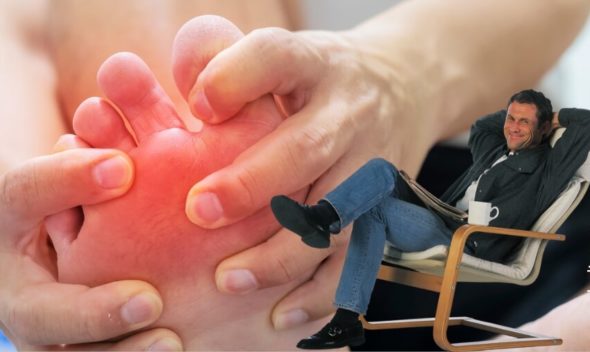
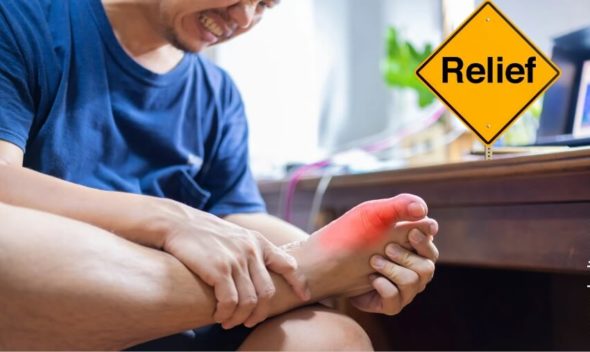
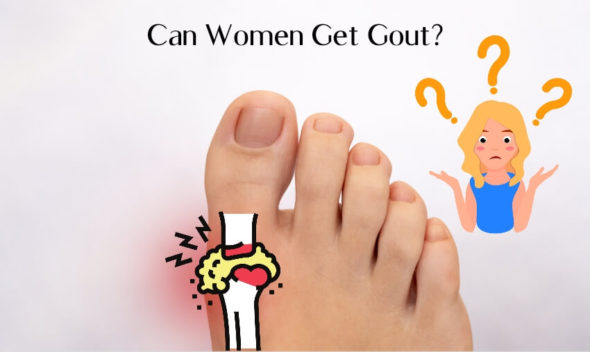


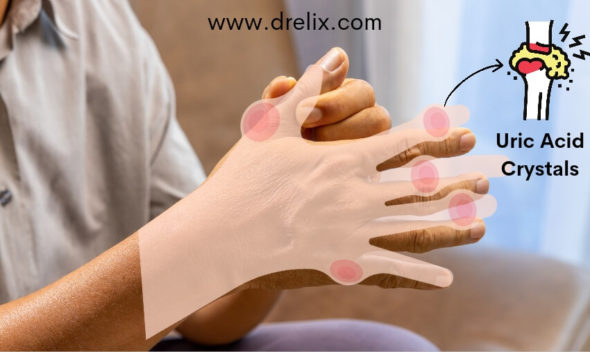
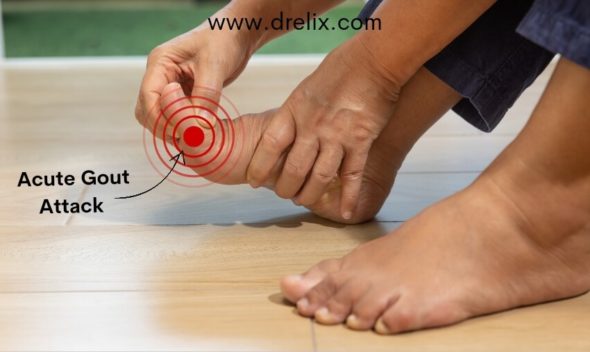
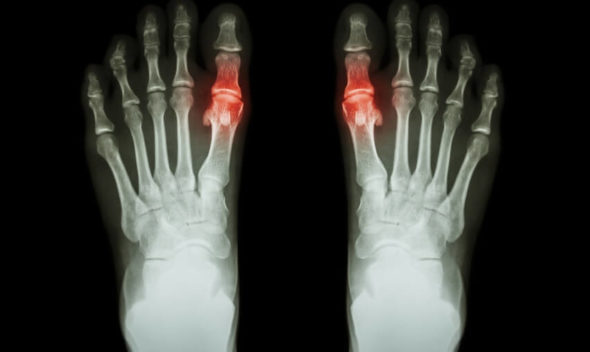
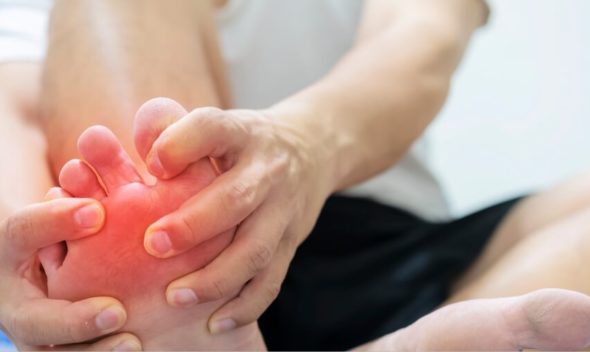

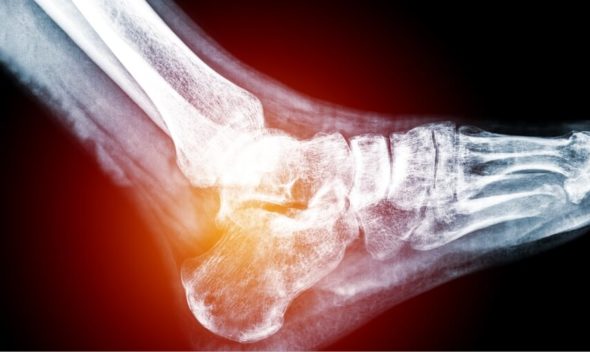

Leave a comment